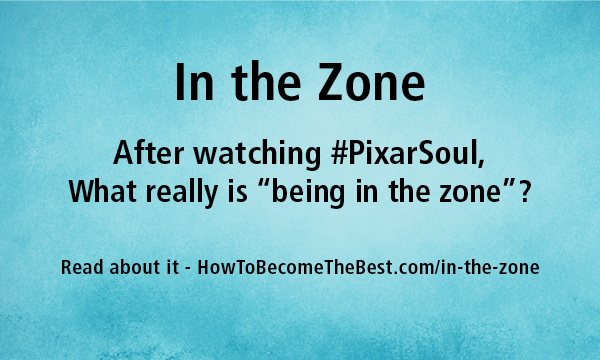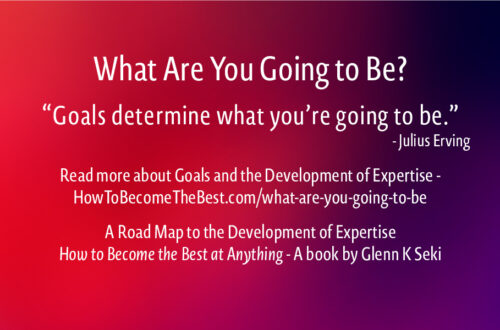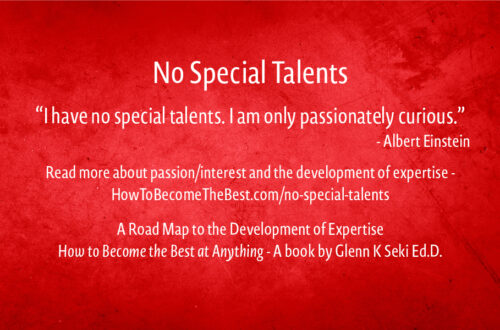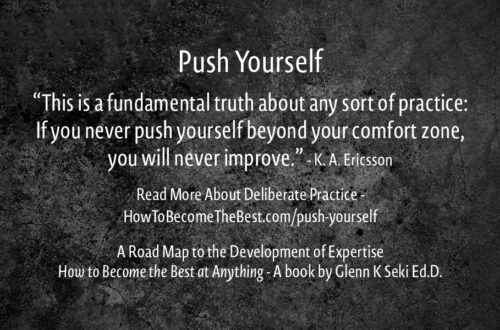After watching #PixarSoul, what really is “being in the zone”?
Definitions –
A mental state of focused concentration on the performance of an activity, in which one dissociates oneself from distracting or irrelevant aspects of one’s environment.
In psychology, a flow state, is the mental state in which a person performing some activity is fully immersed in a feeling of energized focus, full involvement, and enjoyment in the process of the activity.
A tunnel-vision phenomenon reported by athletes, creatives, and psychologists alike as a hyper-focused, sometimes spiritual, state of mind where anything is possible. It’s where we become our most productive, creative, and powerful selves.
In his autobiography, Second Wind, basketball hall of fame Bill Russell wrote:
“It was almost as if we were playing in slow motion. During those spells I could almost sense how the next play would develop and where the next shot would be taken.”
Psychologist Mihaly Csikszentmihalyi defines being in the zone as flow.
“There’s this focus that, once it becomes intense, leads to a sense of ecstasy, a sense of clarity: you know exactly what you want to do from one moment to the other… Sense of time disappears. You forget yourself. You feel part of something larger.”
Arne Dietrich, a neuroscientist, believes flow is a matter of quieting our minds. This means the explicit learning system responsible for conscious, sophisticated thinking and verbalizing, must take a back seat.
In flow Dietrich says, “you do not analyze what you’re doing,” . “The very essence is that you’re not thinking.” The only way to achieve this balance is to let the implicit learning system that is responsible for quick, efficient, and automatic responses take control. You experience this when you drive a car.
Being in the Zone is Automaticity
Automaticity
“Deliberate practice results in the automation of a sequence of steps. It is automated so you don’t have to consciously think about it while you are doing it, you just do it. Some people call this “muscle memory.” I don’t like this term since muscles have no memory. Repeat after me, “muscles have no memory.” This automated sequence of steps is in your memory, in your brain. Your brain places this automated sequence of steps into nice and neat “chunks,” so you do not have to consciously think about them.
Remember when you were first learning to drive a car. It was very difficult and stressful because you had to remember to do so many new things at the same time. Most DMVs require a minimum of 50 hours supervised behind-the-wheel experience before you may apply for a license if you are under 18. It takes 100 hours of deliberate practice before a complex sequence begins to fully automate. That is why it is so difficult in the beginning to drive a car in traffic.
Now that you have been driving for several years, when you are commuting home after work, you probably don’t think about driving, you suddenly find yourself at the freeway off-ramp and almost home. That is because your diving has become automated, if something unusual occurs, you instantly snap back into conscious thinking mode and make corrections to your driving.”
An excerpt from – How to Become the Best at Anything Chapter 8, Deliberate Practice and Learning





